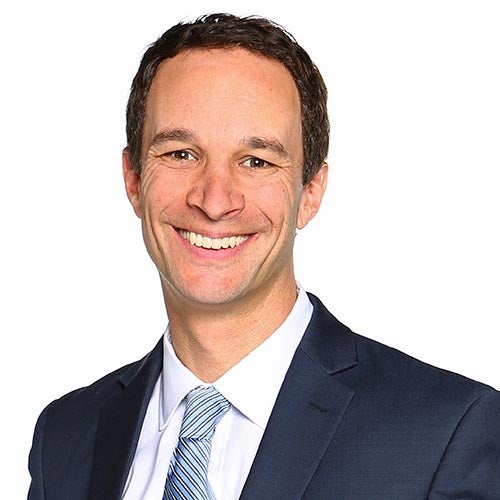Important information
NA4678074
Image: ma yic / stocksy
Some references are US-specific and may not apply to Canada.
All investing involves risk, including the risk of loss.
Past performance does not guarantee future results.
Investments cannot be made directly in an index.
This does not constitute a recommendation of any investment strategy or product for a particular investor. Investors should consult a financial professional before making any investment decisions.
A bear market is an environment in which stock prices are falling and widespread pessimism causes the stock market’s downward spiral to be self-sustaining.
A bull market is an environment in which stock prices are rising or are expected to rise.
Businesses in the energy sector may be adversely affected by foreign, federal, or state regulations governing energy production, distribution, and sale as well as supply-and-demand for energy resources. Short-term volatility in energy prices may cause share price fluctuations.
The Consumer Price Index (CPI) measures the change in consumer prices and is a commonly cited measure of inflation.
Fixed income investments are subject to credit risk of the issuer and the effects of changing interest rates. Interest rate risk refers to the risk that bond prices generally fall as interest rates rise and vice versa. An issuer may be unable to meet interest and/or principal payments, thereby causing its instruments to decrease in value and lowering the issuer’s credit rating.
An investment cannot be made into an index.
Inflation is the rate at which the general price level for goods and services is increasing.
A risk asset is generally described as any financial security or instrument that carries risk and is likely to fluctuate in price.
The risks of investing in securities of foreign issuers can include fluctuations in foreign currencies, political and economic instability, and foreign taxation issues.
The S&P 500® Index is an unmanaged index considered representative of the US stock market.
In general, stock values fluctuate, sometimes widely, in response to activities specific to the company as well as general market, economic and political conditions.
The opinions referenced above are those of the author as of July 18, 2025. These comments should not be construed as recommendations, but as an illustration of broader themes. Forward-looking statements are not guarantees of future results. They involve risks, uncertainties and assumptions; there can be no assurance that actual results will not differ materially from expectations.








